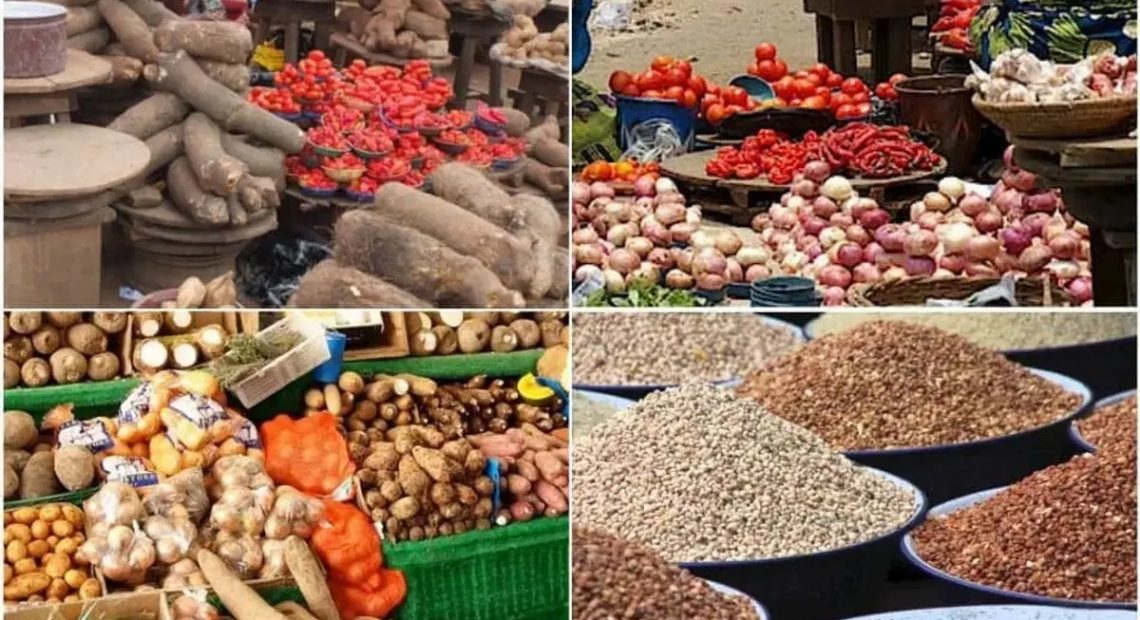

In a recent report by the National Bureau of Statistics on food security and analysis about nine million Nigerians are expected to be in hunger crisis between November and December this year as a result of the high cost of food in the country.
Also, Nigeria’s food inflation rose by one hundred and ten percent in five years, between September 2015 and September 2020.
A comparison of the Composite Food Index within that five years indicated that food inflation rose from over one hundred and eighty–one index points to over three hundred and eighty-two index points.
This means that the price of food items has not only increased, but more than doubled in the last five years.
Factors that could be responsible for this include flooding, the cost of transportation and storage as a large quantity of perishable food items spoil before they get to the market and farmers will want to recover the cost of production from whatever remains which then reflects in the price of the product in the market.
To deal with the situation, the federal government has, in line with its ease of doing business mantra, avoided imposing stockholding restrictions, in order not to discourage investments in modern warehousing and cold storage.
President Muhammadu Buhari has also approved the release of food items from the strategic reserves, including thirty thousand tons of maize to animal feeds producers to ease the high cost of poultry production.
Despite these efforts of the government, more still needs to be done.
There is an imperative need for the use of modern farming techniques in the country; this will go a long way in enhancing food production, boost the food production value chain and reduce the cost of food items.
Agricultural commodities that are required for industrial use should cost less for the products to penetrate not just the domestic market, but also the international market.
There is the need for re-orientation and attitudinal change as well as enlightenment of the youths to make them have interest in agriculture.
Graduates of agricultural sciences should be giving automatic employment by the federal government upon graduation.
Urgent action needed to be taken to avert pervasive hunger while the federal government should prioritise mechanised farming and train farmers subsequently on the use of mechanised equipment.
It is incumbent on the government to intensify efforts at improving the security, particularly in inaccessible and partially accessible areas, to ensure the safety of farmers.
To further mitigate the effect of the COVID-19 pandemic and flood on food production, the government should sustain the implementation of relief measures among the populace.
Olubunmi Agboola